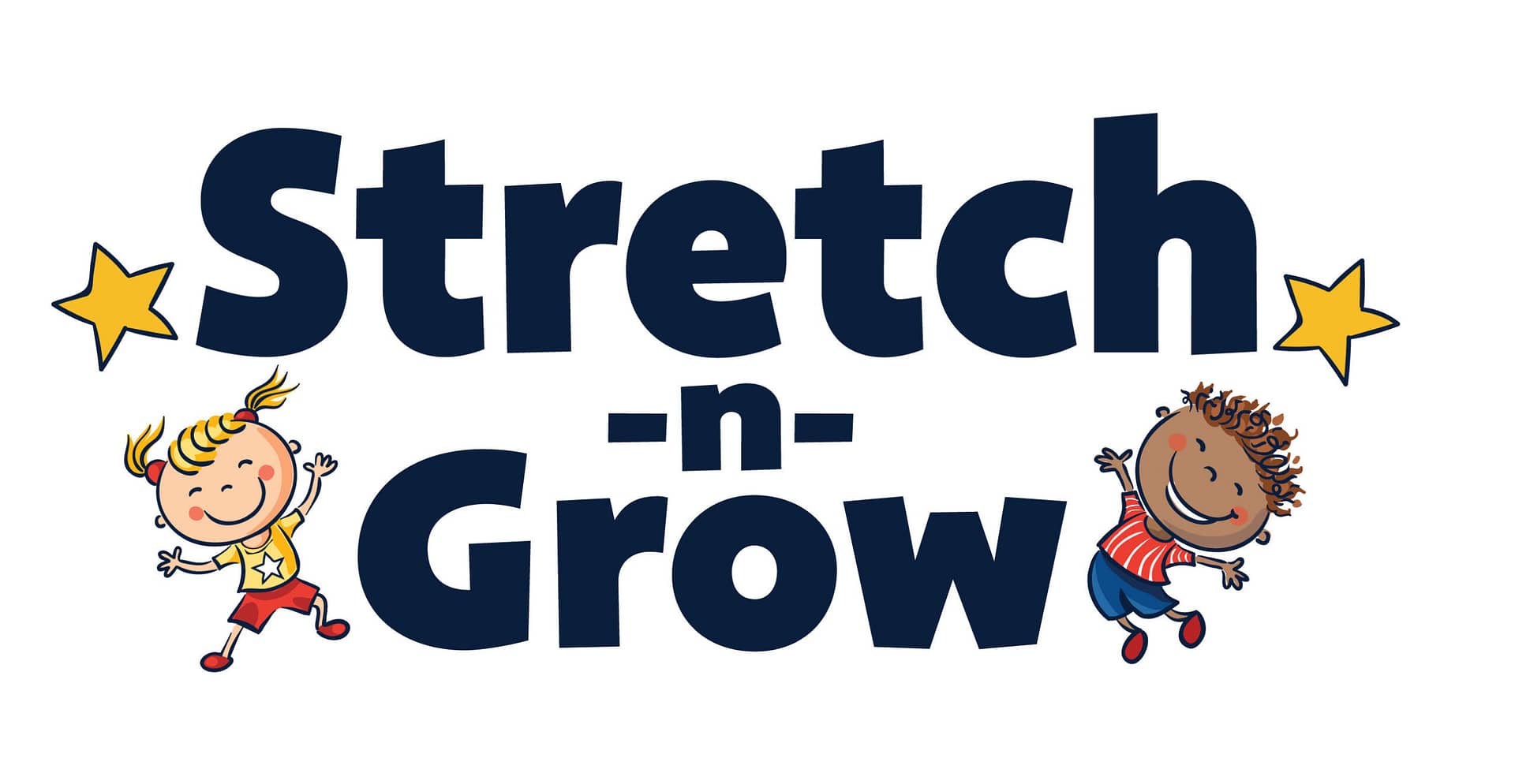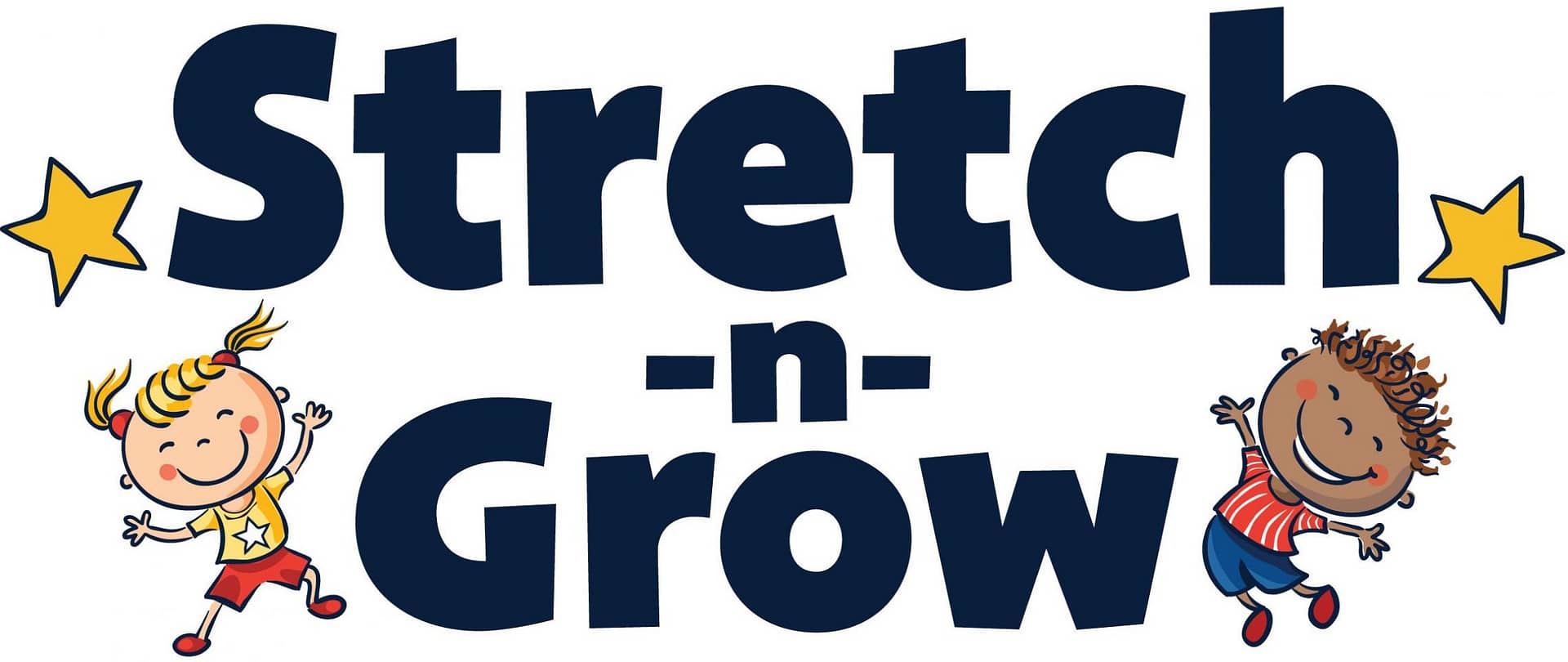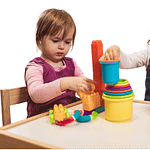Exercise isn’t just about physical health for children; it’s a powerful tool for building strong, healthy self-esteem and confidence. Here’s how engaging in physical activity can significantly boost a child’s sense of self:
Achieving Goals and Mastering Skills
When children participate in exercise, whether it’s learning to ride a bike, scoring a goal in football, or perfecting a dance move, they set and achieve goals. Each small accomplishment, no matter how minor, provides a sense of mastery and competence. This feeling of “I can do it!” directly translates into increased self-efficacy – the belief in one’s ability to succeed in specific situations or accomplish a task. As children develop new physical skills and see their own progress, their confidence in their capabilities grows, extending beyond the activity itself into other areas of their lives, including academics and social interactions.
Positive Body Image and Self-Acceptance
Exercise helps children understand and appreciate what their bodies can do rather than just how they look. Focusing on strength, coordination, endurance, and flexibility shifts the perspective from an aesthetic ideal to functional ability. This promotes a healthier body image and fosters self-acceptance, which are crucial for a child’s overall well-being and confidence.
Social Connection and Belonging
Many forms of exercise, especially team sports and group activities, provide opportunities for children to socialise, collaborate, and build relationships. Working together towards a common goal, learning to communicate effectively, and feeling valued as part of a team can significantly enhance a child’s sense of belonging and reduce feelings of isolation. This social interaction and peer acceptance contribute directly to higher self-esteem and confidence in social situations.
Emotional Regulation and Stress Reduction
Physical activity is a natural mood booster. It triggers the release of endorphins, often called “feel-good” chemicals, which can reduce feelings of stress, anxiety, and even symptoms of depression. When children learn to use exercise as a healthy coping mechanism for stress, they develop greater emotional resilience and a more positive outlook on life, which naturally enhances their confidence in handling challenges.
Resilience and Perseverance
Sports and physical activities often involve challenges, setbacks, and even failures. Learning to navigate these moments, whether it’s losing a game, struggling with a new skill, or making a mistake, teaches children the invaluable lessons of resilience and perseverance. When they learn to pick themselves up, try again, and see improvement despite initial difficulties, they build an internal strength that empowers them to face future obstacles with greater confidence.
Focus on Effort, Not Just Outcomes
Coaches and parents can amplify the confidence-boosting effects of exercise by emphasising effort and improvement over winning or perfect performance. Praising a child’s dedication, hard work, and willingness to try, regardless of the outcome, cultivates a growth mindset. This teaches children that their abilities can be developed through effort, which is fundamental to building lasting confidence. Exercise can help to improve children’s confidence and academic ability.
By providing opportunities for children to be active, parents and educators are not only promoting physical health but also nurturing crucial psychological attributes that will serve them well throughout their lives.
More Information
If you would like more information on this or you have questions, we are here to help. Contact us.
Stretch-n-Grow is a worldwide programme





